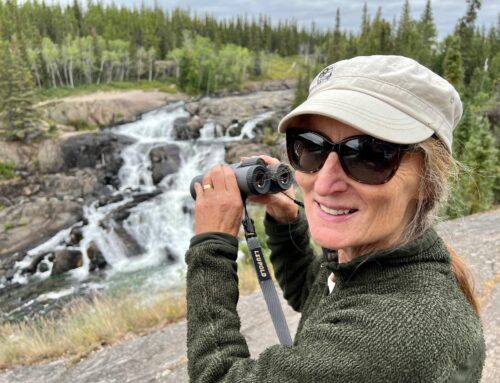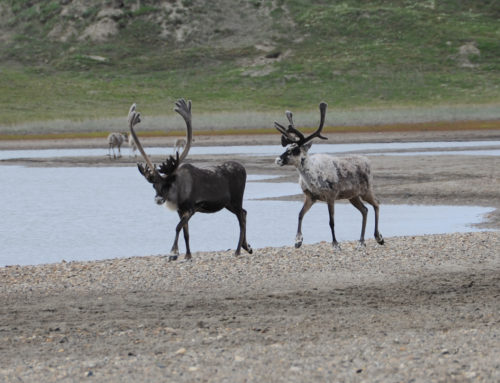Beverly and Qamanirjuaq Caribou Management Board (BQCMB) members fear that without strong support from its public and Indigenous government partners, the Board will disappear – bringing an end to four decades of important work in support of caribou and the way of life of thousands of Indigenous peoples across northern Canada. “It is for the people that this Board must continue its work,” BQCMB Chair Earl Evans stresses. “Across the range, Cree, Dene, Inuit and Metis communities have relied on these herds to meet their nutritional, cultural, and spiritual needs for millennia. We need to ensure they can continue to rely on them, today and in the future.” At its virtual board meeting, held from November 30-December 2/21, the BQCMB members heard details of a proposed new management agreement which will carry the Board through to 2032, make Indigenous governments equal partners in its management, and bring the Board’s operations – and budget – into the 21st century. Incoming Executive Director Tina Giroux-Robillard presented the proposed new agreement. “Our goal is two-fold,” she explained. “We need to strengthen the BQCMB’s ability to play a strong, effective role in conservation and management of the two caribou herds for the future, and we need to more successfully engage Indigenous communities, youth and Elders.” The Board has been a crucial voice for barren-ground caribou and caribou-dependent communities over a very large range since 1982. Its successful co-management model builds trusting relationships amongst territorial, federal and Indigenous governments and communities, making it essential to the well-being of the herds and their habitat and the people who rely on them. However, “The BQCMB has been under-funded for many years,” noted Giroux-Robillard. “This new agreement is an opportunity to build on what the Board has done for 40 years while making Indigenous governments equal, contributing partners in its management.” The Beverly and Qamanirjuaq herds are in decline, and the Board fears they may eventually face the same fate as the Bathurst herd, whose numbers dropped from about 470,000 in the mid-1980s to less than 8,000, with the decline continuing today. “We don’t want to see the same thing happen to the Beverly or Qamanirjuaq herds,” said Evans. “Too many people depend on them.” The BQCMB monitors the many threats facing caribou, including exploration and development, climate change, predators, wildfires, and disease, among others. “Without proper oversight, the consequences of these threats to the herds – and the people who rely on them – could be dire,” Evans warned. The Board has distributed the proposed new agreement to the governments of Nunavut, Northwest Territories, Manitoba, Saskatchewan, and Canada. It expects the modernized agreement will be embraced in the same spirit of cooperation and reconciliation in which it is being offered, and which has made the BQCMB a model of co-management since 1982.





